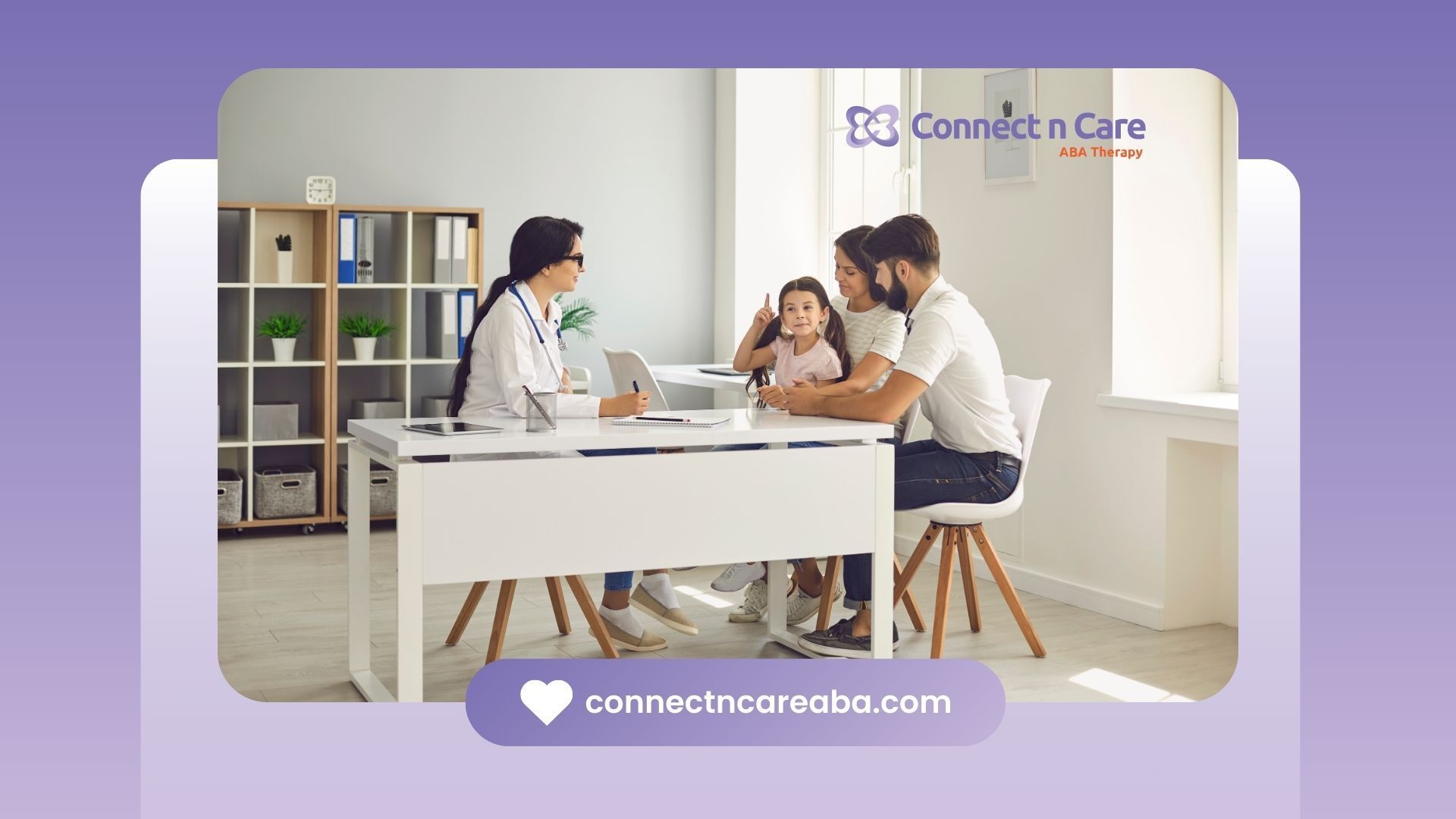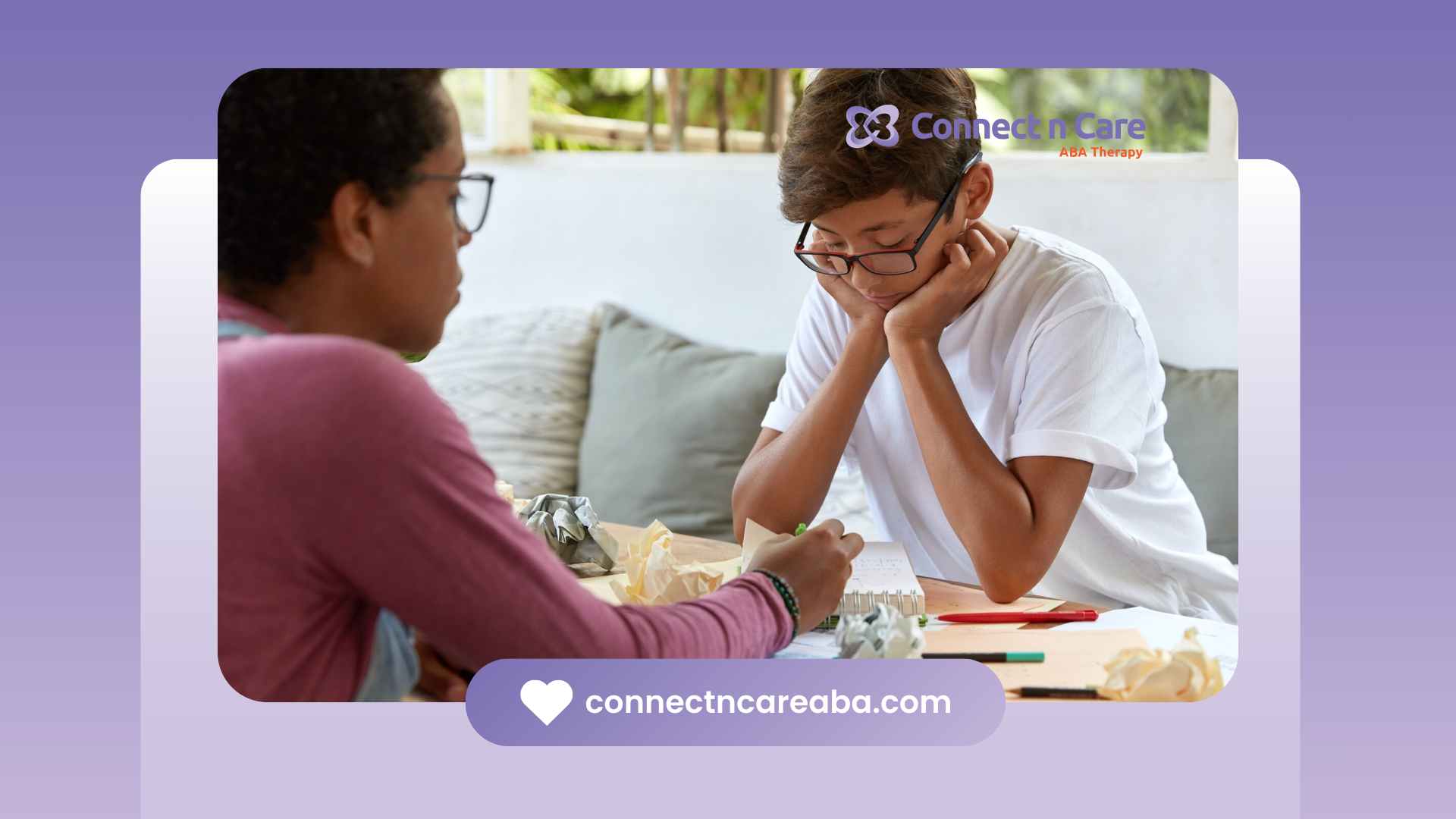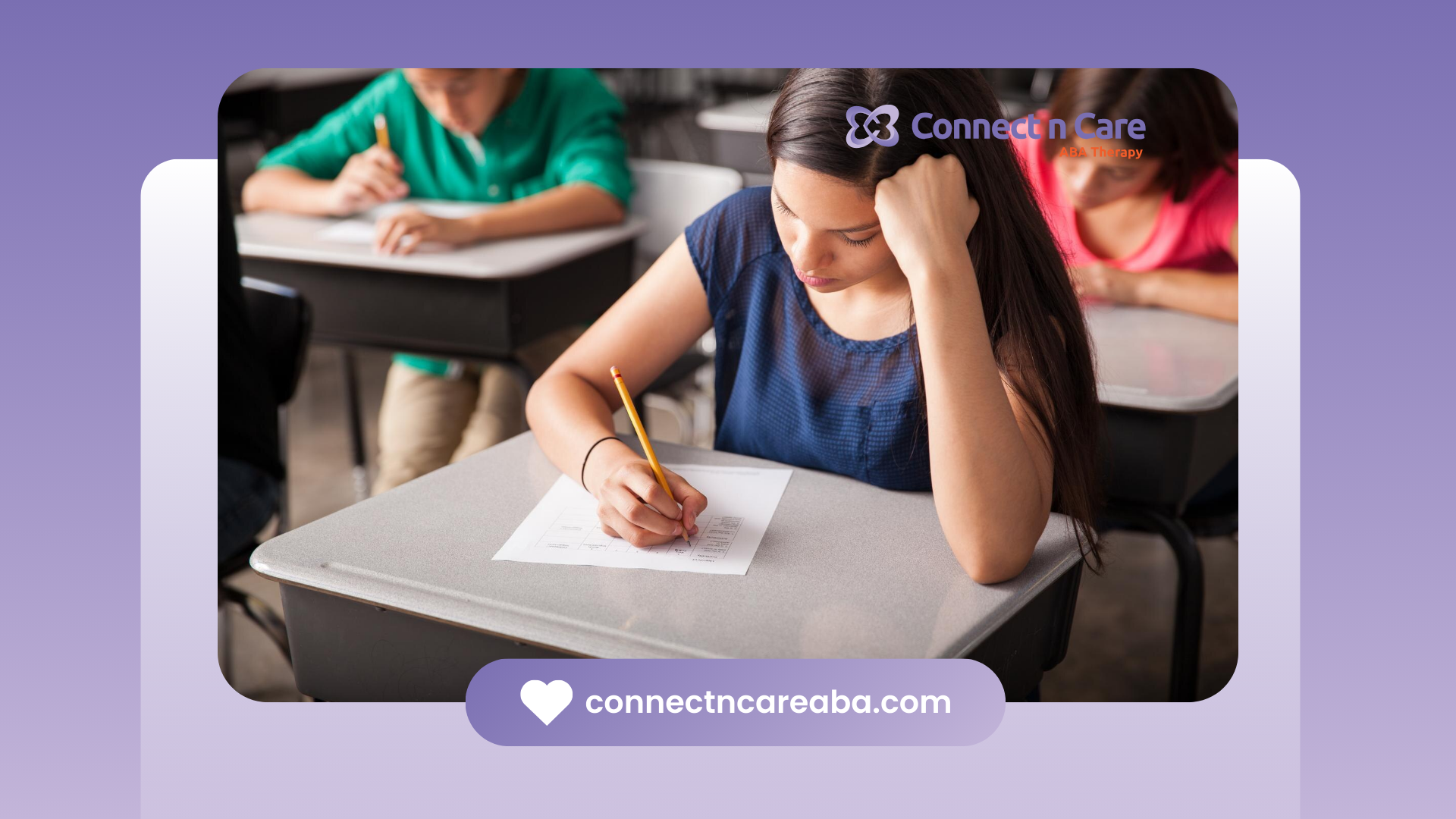Autism Support in North Carolina
North Carolina rolls out a bunch of autism services to back individuals and families dealing with Autism Spectrum Disorder (ASD). Getting the lowdown on programs like the TEACCH Autism Program and government benefits is super important for any parent or caregiver on the lookout for help with their autistic kid.
TEACCH Autism Program Overview
Hangin' tight with the University of North Carolina, the TEACCH Autism Program offers a full-on set of services related to autism. Known for its focus on personal strategies that address individual needs, TEACCH's got your back statewide with support and advice to help families manage autism-related hurdles.
Want the down-to-earth details on the TEACCH Autism Program? Hit them up here:
- Phone Number: 919.966.2174
- Fax: 919.966.4127
- Email: TEACCH@unc.edu
With TEACCH, families can tap into a treasure trove of resources like autism therapy in North Carolina, plus government perks aimed at supporting folks with autism.
Government Benefits for Autism
North Carolina dishes out a spread of government benefits for folks and families tussling with autism. For example, the State Health Plan covers state employees and teachers, dishing out services up to $36,000 a year.
Also, a heads-up since July 2014—the Centers for Medicare and Medicaid Services (CMS) made sure Medicaid covers services for kids with ASD in North Carolina. This is a game-changer for families, making crucial services easier to grab and beefing up care quality for autistic kids.
Remember, benefits can play peek-a-boo, so it's smart for families to chat with local service guides or support groups to get the full picture. If you're scouting for top-notch schools, hop over to our article on best schools for autism in North Carolina.
Autism Services Coverage
Finding the right help for kids with autism is a big deal for families. If you're in North Carolina, you have options like private insurance, state healthcare plans, Medicaid, and Tricare. Each choice has its own set of rules, good points, and downsides.
Private Insurance Limitations
In North Carolina, if you rely on private insurance for autism services, there's a limit of $40,000 each year. This cap is tweaked every March, depending on the consumer price index. On top of that, parents might still need to cover co-pays, deductibles, and other expenses that can make accessing essential services tricky.
| Coverage Type | Annual Limit | Additional Restrictions |
|---|---|---|
| Private Insurance | $40,000 | Co-pays, deductibles apply |
State Healthcare Plans
State employees and teachers in North Carolina can get autism services through the State Health Plan, which covers up to $36,000 each year. While this helps with the costs of autism treatments, it might not include everything a family needs.
| Coverage Type | Annual Limit | Notes |
|---|---|---|
| State Health Plan | $36,000 | For state employees and teachers |
Medicaid and Tricare Services
North Carolina offers Medicaid programs and waivers that help folks with autism. The coverage is decided by factors like disability status, income, and whether someone qualifies. Medicaid can connect you with stuff like the Home and Community-Based (HCB) waiver and EPSDT for behavioral services.
Tricare also provides support for children with autism, covering a variety of treatments. It's crucial for families to dig into the specifics of what these programs offer, including who can get them and what services are included.
| Program Type | Key Features |
|---|---|
| Medicaid | Includes HCB waiver, EPSDT behavioral services, and more |
| Tricare | Comprehensive autism service coverage |
Getting autism services in North Carolina means looking through several choices. Families should check out every option to figure out the best way to support their children. For more details on therapies available, visit our page on autism therapy in North Carolina or check resources for the best schools for autism in North Carolina. Plus, for the full rundown on autism, see our section on autism diagnosis in North Carolina.
Housing Assistance for Autism
Importance of Stable Housing
Stable housing is essential for the well-being of people with autism. It's more than just a roof over their heads – it's a place where they can feel safe and learn to be independent. With the right home, stress and anxiety can ease up, important life skills can be honed, social ties can form, and crucial support services are easier to access. For families raising kids on the autism spectrum, securing suitable housing is key to creating a positive space for development and growth.
Housing Assistance Programs
In North Carolina, there are different programs designed to help individuals with autism find housing. They range from affordable housing plans and rental assistance to options specifically tailored for autism needs. Here's a look at what’s out there:
| Type of Housing Assistance | Description |
|---|---|
| Housing Choice Voucher Program (Section 8) | A federal program offering rental subsidies to help low-income families find homes they can afford. |
| Public Housing | Government-owned housing units available to those with low incomes. |
| Affordable Housing Programs | State and community projects aimed at offering low-cost housing options for folks with disabilities. |
| Rent Assistance Programs | Services to help families with rental costs and prevent homelessness. |
| Autism-Specific Housing Initiatives | Non-profits connecting people with autism to homes that suit their needs. |
Groups like Autism Speaks provide grants and resources to help families find the right housing solutions in North Carolina. Non-profit programs also fill the gap, working to match affordable housing with the specific needs of people with autism.
Additionally, North Carolina offers Achieving a Better Life Experience (ABLE) Accounts. These accounts let people with disabilities save for major expenses without losing eligibility for support and health care. Families can make the most of these resources to better their housing options. For more tips on getting autism resources in North Carolina, check out articles on autism therapy in North Carolina and autism diagnosis in North Carolina.
Parental Resources in North Carolina
Finding the right help for kids with autism can be a bit like hunting for buried treasure. But hey, if you're in North Carolina, you’re in luck! The North Carolina Department of Health and Human Services, along with other programs, are here to make the journey a bit smoother for parents and caregivers.
NCDHHS Services
The folks over at the North Carolina Department of Health and Human Services (let's just call them NCDHHS for short) are pretty much superheroes when it comes to supporting families. They’ve got this nifty toll-free helpline for parents caring for kids with Autism Spectrum Disorder (ASD) and other related needs. Whether it's physical, developmental, or emotional help you need, these guys have got your back.
Then there are folks like Marie Smith, your go-to family partner, waving the flag for better support in rural parts of the state. She's all about making sure help isn’t too far down the road, no matter where you live. The NCDHHS is all geared up to help boost the well-being of your littles with all kinds of strategies and services to keep families connected with the right support.
Parent Leadership Training
Now, if you’re thinking about becoming the advocate your child needs, why not check out the parent training programs NCDHHS offers for free? Yep, free! They provide Parent Leadership and Sexual Health training in both English and Spanish to help you get your parenting superpowers in check. Whether you’re more of a homebody or love getting out and about, they’ve got virtual and in-person options for you.
These programs teach you to be the superhero in your child's life, covering everything from leadership to health matters related to ASD. Gain the know-how to stand up for your kiddos and even your community, keeping the road to autism services in North Carolina wide open and fully accessible.
If you're on the lookout for even more info on educational help, swing by our pieces on the best schools for autism in North Carolina and autism therapy in North Carolina. They're packed with extra options and support for you and your family.
Prevalence of Autism in North Carolina
Getting the scoop on autism in North Carolina is crucial for anyone working with kids - parents or pros alike - who are dealing with stuff related to autism.
Rising Trends in Diagnosis
Kids aged 8 in North Carolina seem to be getting diagnosed with autism more than ever. Back in 2002, we were talking about 1 out of 125 kids. By 2018, that number jumped to 1 in 59, and if you're looking at today, it's about 1 in 54, which is a tad lower than the national average of 1 in 52. North Carolina's really up there in terms of how common autism is here.
| Year | Prevalence Rate (1 in X) |
|---|---|
| 2002 | 125 |
| 2018 | 59 |
| Current | 54 |
With these numbers climbing, it's a big wake-up call that there's a real need for good services to help those with autism.
Factors Influencing Prevalence
So, what's behind these numbers? One big thing is more boys than girls being diagnosed. North Carolina's got a lot more young dudes compared to other places, which could help explain part of the story.
You've got genes and stuff in the air and chemicals playing a part in this too. Messed up genes and things like bad stuff in the air or during pregnancy can up the chances of autism showing up.
When you put all this together, it gives families and workers a bit of a roadmap for scoring the right support for kids with autism. If you want to dig more into school options, check out the best schools for autism in North Carolina or dive into autism therapy in North Carolina. For the lowdown on how autism gets diagnosed, see our piece on autism diagnosis in North Carolina.
'
Education Options for Autism
Getting a handle on education choices for kids with autism is a big job for parents and guardians in North Carolina. This section dives into what Individualized Education Programs (IEPs) and 504 Plans are all about, plus how to secure funds for private education.
IEP and 504 Plan
Let's break it down: An Individualized Education Program (IEP) is a detailed game plan for students with disabilities, covering those on the autism spectrum. It lays out goals and spells out the services the kiddo will get. On the flip side, a 504 Plan makes sure a kid with a disability gets the same shot at education, listing the adjustments needed for the classroom.
| Feature | IEP | 504 Plan |
|---|---|---|
| Legal Requirement | Yes | No |
| Services Offered | Custom educational help and support | Reasonable classroom accommodations |
| Coverage | Special education services under IDEA | General education under Section 504 |
| Reevaluation | Every year | Every few years or when needed |
Both setups are key to helping kids with autism in public schools. But a heads up: kids in private schools aren't covered by federal laws like the Individuals with Disabilities Education Act (IDEA), as noted by the Autism Society of North Carolina.
Private School Funding Programs
In North Carolina, parents eyeing private education for their autistic children can tap into a few funding programs to ease the money stress of private schooling and homeschooling. These include:
- Scholarships/Grants:
These can help with private school tuition bills.
- Education Savings Accounts (ESA): This is money that can go toward education needs tied to unique learning requirements.
Each program comes with its own set of hoops to jump through, like proving your child’s exceptional status or showing a valid IEP. Remember, students in private schools may not have the same educational rights, as pointed out earlier.
Groups like the Autism Society of North Carolina are always in the corner for educational options that meet the special needs of kids with autism. They back programs that ramp up parents' know-how on educational rights and funding, handing out vital tools to steer through the education maze.









